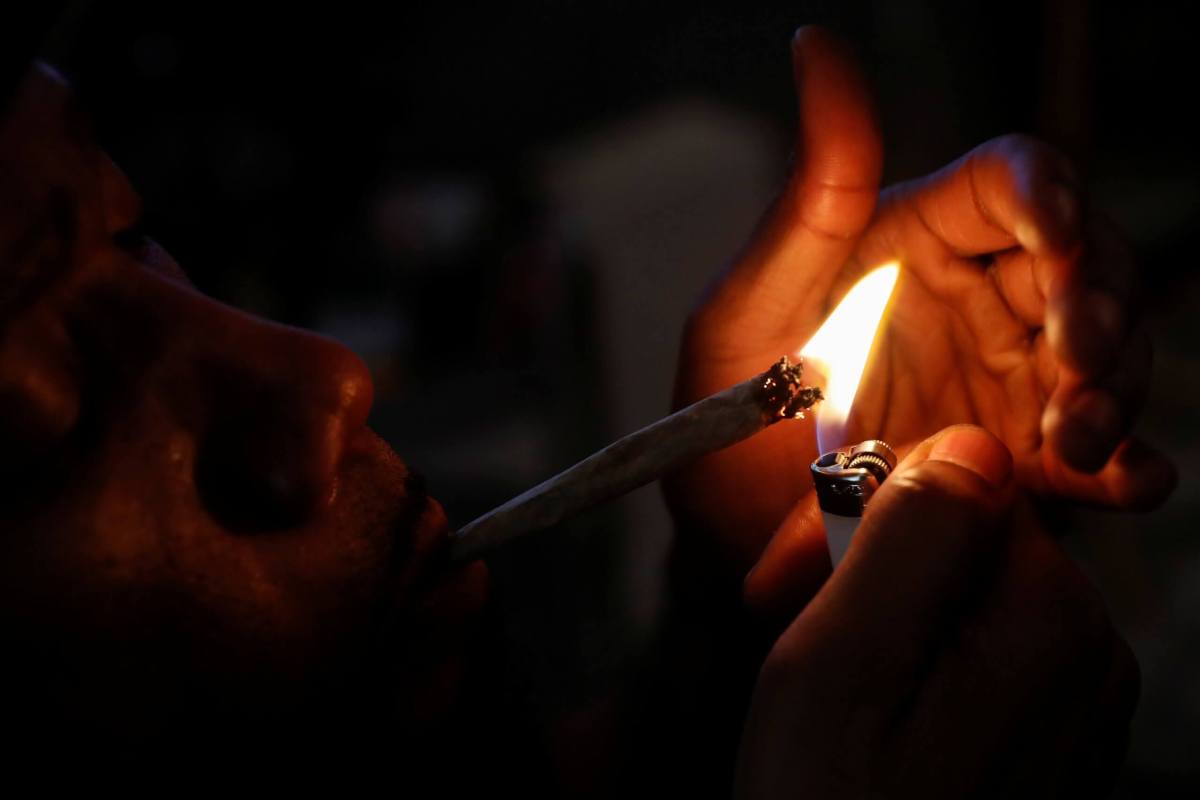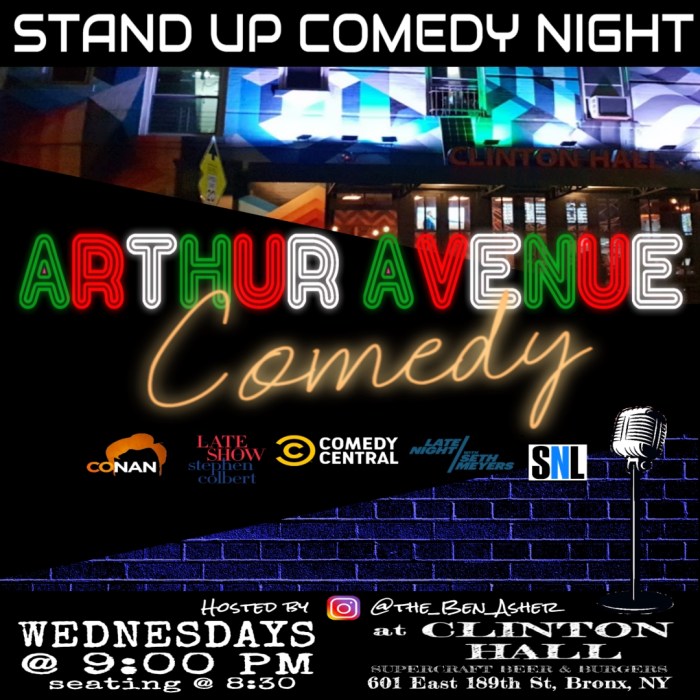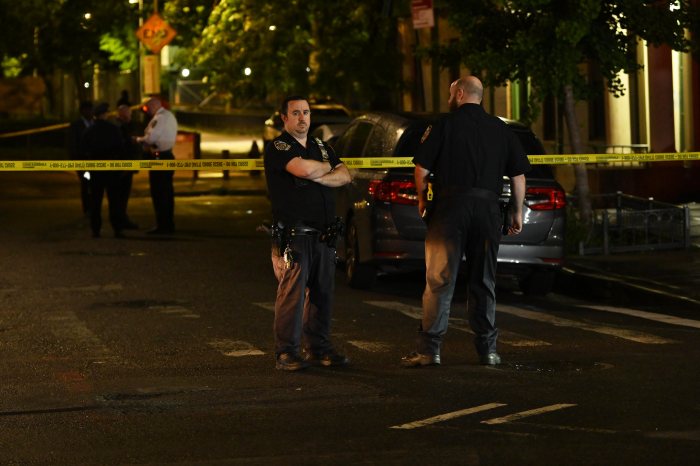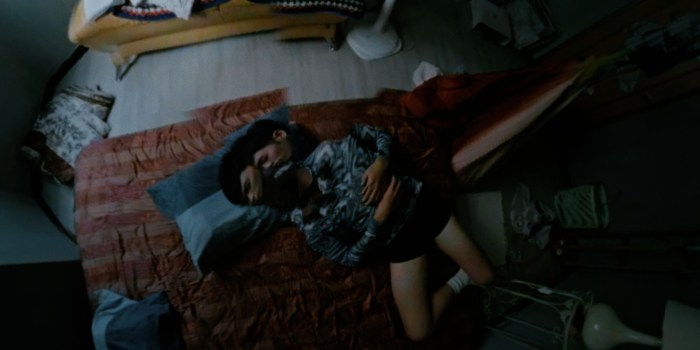This is Part 1 of a three-part series by the Bronx Times looking at the potential benefits New York State’s legalization of marijuana, known as the Marijuana Regulation and Taxation Act, could have on the Bronx.
If successful, advocates of the state’s Marijuana Regulation and Taxation Act (MRTA) — which forms the regulatory ecosystem for the production and sale of cannabis, creates a new adult-use cannabis program and could provide 30,000-60,000 jobs citywide — believe it can systematically benefit the Black and brown communities most affected by its criminalization.
One of the boroughs most impacted by cannabis enforcement through disproportionate over-policing and over-sentencing of cannabis-related crimes, is the Bronx, cannabis advocates and studies say. MRTA, which was signed into law by then-Gov. Andrew Cuomo in March, follows years of stop-start legislative efforts.
Meanwhile, over the past decade, Bronx communities have been ravaged by the criminalization of marijuana. According to a decade-long study of marijuana arrests by NYC police precincts, the Bronx’s 46th, 41st, 52nd and 44th precincts accounted for some of the city’s highest marijuana arrest rates over the last 10 years.
In a 2018 report published by NYC Comptroller Scott Stringer, a Democrat, the Concourse, Highbridge and Mount Eden sections of the Bronx accounted for some of the city’s highest average marijuana-related arrest rates with 8,143 total arrests from 2010-2017.
Additionally, the Bedford Park, Fordham North and Norwood communities accounted for 6,526 over that same span, while the Morris Heights, Fordham South and Mount Hope sections saw 6,805 arrests through that same seven-year time period.
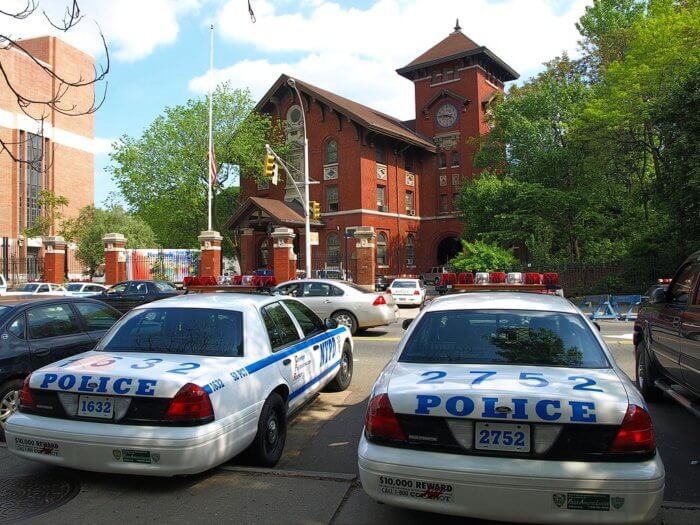
In NYC, there were 437 marijuana possession arrests in 2020, with 109 arrests occurring in the Bronx, the most out of the five boroughs.
Advocates note that the communities with the highest level of marijuana enforcement also had the highest share of Black and Hispanic residents.
In marijuana arrests between 2010 and August of 2019, there were eight times as many arrests of Black and Latinx people as there were of white people.
“Marijuana is a substance that has been used by various demographics of people and races, but we saw a policing that geared enforcement toward people of color and communities, particularly in the Bronx,” said Eli Northup, policy counsel for The Bronx Defenders, a public defense organization.
Melissa Moore, state director for Drug Policy Alliance’s New York office, said that the increased criminalization of marijuana in the Bronx was not only racially and systemically motivated, but also left a generation of Bronxites unable to find stable employment and housing due to the negative impact marijuana arrests have on background and criminal checks.
“Recognizing that we can’t move forward in New York, into a new era of marijuana justice, without acknowledging the tremendous harm that has come before, we’ve seen decades and decades of racist enforcement of marijuana laws in New York,” Moore told the Bronx Times. “As we’re turning the page, we can’t ignore that we know that communities all across New York and especially communities in the Bronx were over-policed, were targeted systematically and that led to issues that people have faced with their criminal records.”
Arrests for marijuana possession in New York City increased from 1,038 arrests in 1990 to a peak of 51,589 in 2011 before declining to 18,241 arrests in 2017, with Black and Hispanic males experiencing the highest rates of enforcement, according to a study from John Jay College.
“The war on drugs in the West Coast gets talked about for how it upended various communities, particularly low-income colors of community,” said Moore. “But there was a war on marijuana that severely impacted thousands of low-income, Black and Hispanic New Yorkers for decades with a flaring need for marijuana reform and justice.”
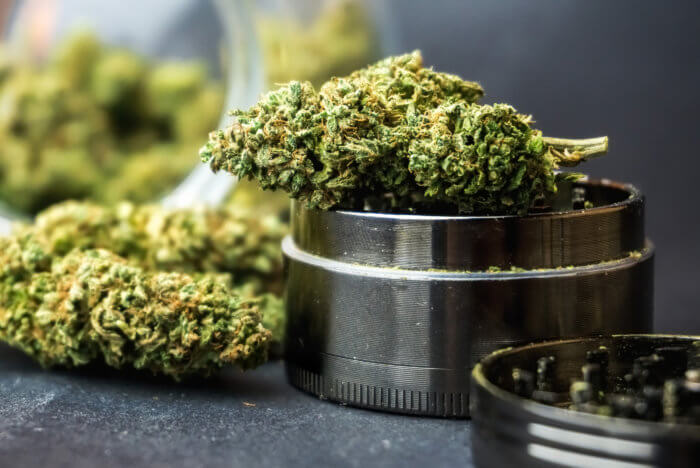
Moore said that one of the non-negotiable steps to getting MRTA passed this year was restorative justice initiatives including automatic expungement of records for those arrested for lower-level marijuana offenses in the past.
In May, Bronx District Attorney Darcel Clark, a Democrat, expunged more than 6,000 Bronx County marijuana cases that involved the charge of misdemeanor marijuana possession or sale.
“The [state] Legislature has decriminalized the possession and sale of small amounts of marijuana to right the wrong of disproportionate enforcement and arrests in communities of color like the Bronx,” Clark said in a statement. “We had long stopped prosecuting these offenses because they were not a threat to public safety, and they gave people a criminal record that had negative collateral consequences on employment, housing, education, and immigration.”
Rasheed Davies said he was arrested in the Boston Road section of the Bronx for marijuana possession when he was a 20-year-old in 2015. Davies said the arrest carried much more than a misdemeanor offense, it carried a Scarlet Letter that prevented him from finding long-term stable employment or housing.
“I couldn’t get no good housing, no good-paying jobs for a bit, it feels like I was paying for a mistake years after my arrest,” Davies said. “It’s crazy because all I did was carry around some weed, probably no more than some white kid in Manhattan is carrying around and it ruined my life.”
Stories like Davies, are all too common when it comes to people with marijuana arrests, according to Northup, of the Bronx Defenders.
“The impact of marijuana arrests was extremely destabilizing, and could result in job loss, deportation, [and] the separation of children from their families,” said Northup. “In many cases, one arrest for a substance that is used across genders and races could upend communities due to the over-policing in targeted communities.”
According to the John Jay study, in 2016, a fine was the most prevalent sentence for misdemeanor marijuana possession, constituting 35.6% (1,726) of all sentences in New York City.
However, New York City experienced an increase in the proportion of misdemeanor marijuana possession arrests resulting in a sentence of time served, compared to that of upstate New York cities and the rest of the state. Between 1990 and 2016, the proportion of misdemeanor marijuana possession arrests resulting in time served increased from 15.5% to 32.9% in NYC.
According to a study in 2002 titled “The Impact of Incarceration on Wage Mobility and Inequality,” researchers found that a criminal record — regardless of the crime related to the record — reduces callbacks from prospective employers by around 50%.
Before MRTA passed in March, advocates such as The Bronx Defenders called on lawmakers to elevate MRTA over Cuomo’s proposal which maintained criminalization in marijuana enforcement. Cuomo, a Democrat, resigned as governor on Aug. 24.
“We knew that the only way we could do marijuana legalization right is by recognizing and acting to reverse the immense damage done by its criminalization,” said Northrup. “That means that we needed legislation like MRTA so that marijuana couldn’t be used to further disadvantage how Black and brown communities could gain employment and not be punished for marijuana.”
Reach Robbie Sequeira at rsequeira@schnepsmedia.com or (718) 260-4599. For more coverage, follow us on Twitter @bronxtimes and Facebook @bronxtimes.

